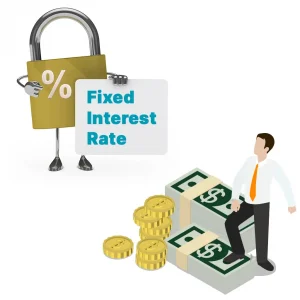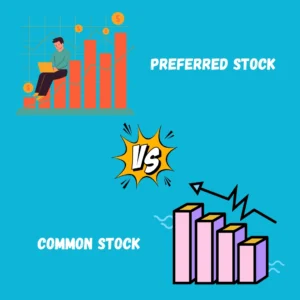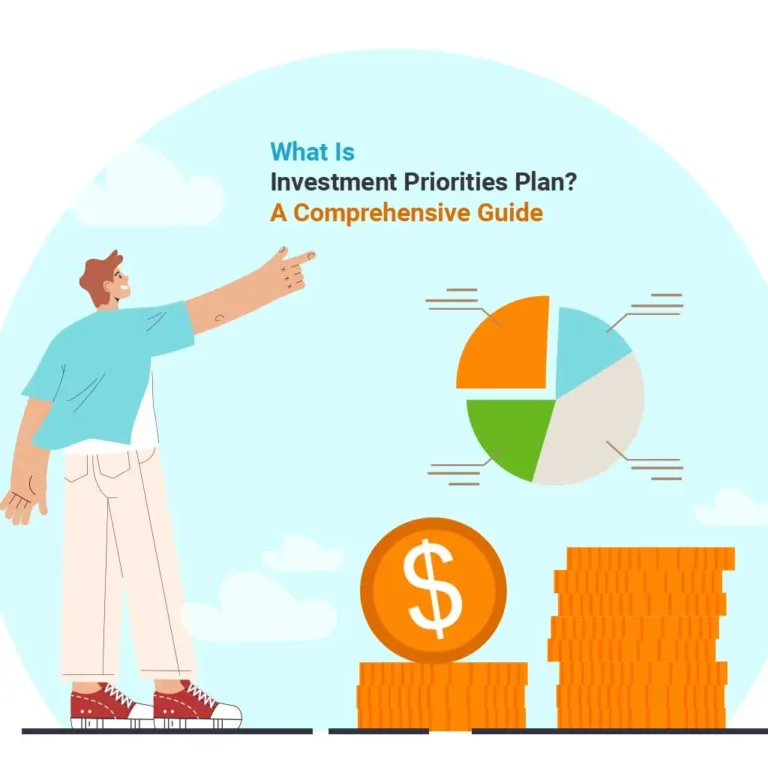Choosing the right loan can feel like navigating a maze. Among the paths you’ll encounter, one of the most straightforward yet comforting is the fixed-interest rate loan. It’s like having a reliable compass in a world where financial directions can often change unexpectedly.
What is the benefit of having a fixed interest rate loan?
In an environment where interest rates ebb and flow like the tide, a fixed-interest rate loan stands as a beacon of stability. This type of loan removes the complexity and uncertainty often accompanying borrowing decisions. By locking in a fixed rate, you can more accurately forecast your financial future.
The benefit of a fixed interest rate loan isn’t just in its predictability; it’s in the peace of mind and budgeting simplicity it offers, ensuring that fluctuations in the market don’t steer your financial plans off course.
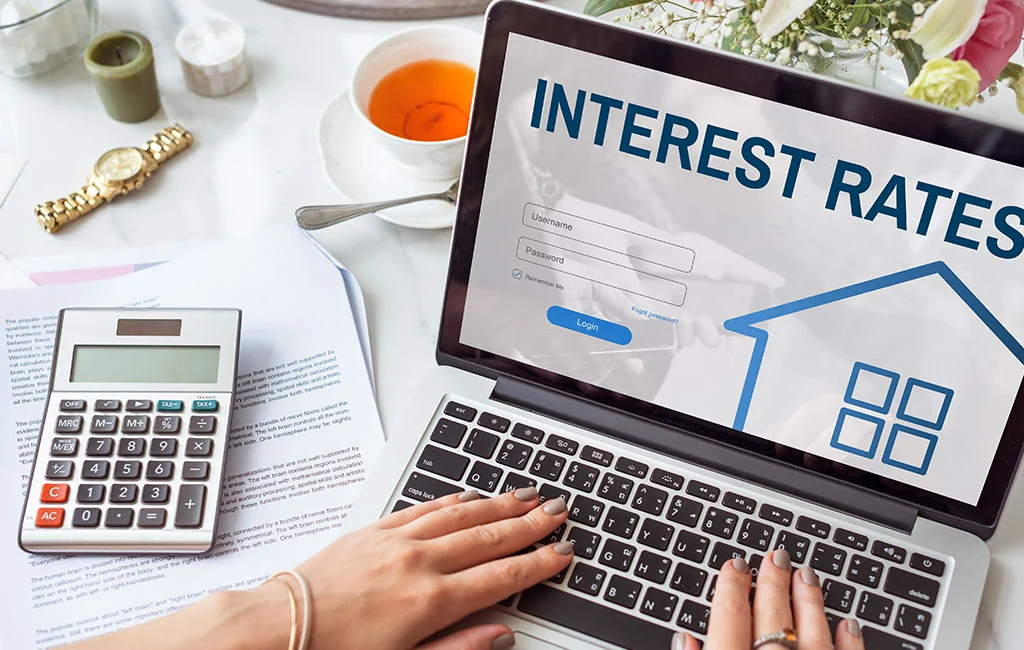
What Are Fixed Interest Rate Loans?
Fixed-rate loans have unchanging interest rates for the whole loan period. This means your payments stay the same, making budgeting easier. They’re great for planning your finances since you know exactly what you’ll pay monthly.
Adjustable-rate loans can be cheaper in the long run when the economy is doing well, and rates might drop. But now, with rising interest rates to fight inflation, those with adjustable-rate loans are feeling the pinch. Switching to a fixed rate is wise if your loan’s rate varies because rates will likely keep climbing.
Fixed-rate loans offer stability in uncertain times. Even though interest rate caps exist for adjustable-rate loans, they’re often too high to offer real protection in a shaky market. Plus, the cost to buy these caps increases when the market is unpredictable. So, with rates expected to rise, fixed-rate loans shield you from economic swings, ensuring your payments don’t change.
However, getting a fixed-rate loan when rates are high means borrowing is more expensive.
How Does a Fixed Interest Rate Work?
Fixed interest rates are great for people who want their loan rates to stay the same. They stay the same over time, so your loan payments will stay the same. This stability protects you from the ups and downs of variable rates, which can change based on market conditions and might cause your payments to increase unexpectedly.
People often choose fixed rates when overall interest rates are low, as it’s a chance to lock in a good rate. Even if rates drop later, the cost of choosing a fixed rate now is usually lower than during high-rate times.
While fixed rates are generally higher than variable rates at the start, they offer peace of mind. Variable-rate loans might start cheaper but are riskier, especially when interest rates are climbing.
The Consumer Financial Protection Bureau (CFPB) helps by showing the range of rates you might get based on where you live and your financial details, such as your credit score and down payment. They update these rates every two weeks, helping you decide between a fixed rate and a variable one.
Fixed-Rate Loans vs. Adjustable-Rate Loans
Adjustable-rate mortgages (ARMs) come with variable interest rates that change over time. Borrowers might start with a low introductory rate, typically lasting one to five years, before the rate adjusts at predetermined intervals. Unlike fixed-rate loans, ARMs can fluctuate, leading to uncertainty in monthly payments.
How Adjustable-Rate Loans Work: An Example
Consider a $300,000, 30-year mortgage with a 5/1 hybrid ARM at a 3.5% introductory rate. For the first five years, the monthly payment is $1,347. After this period, payments can either increase or decrease based on changes in benchmark interest rates, such as those set by the Federal Reserve. If the rate jumps to 6%, payments could rise to $1,799, making financial planning challenging. Conversely, a drop to 3% would lower payments to $1,265.
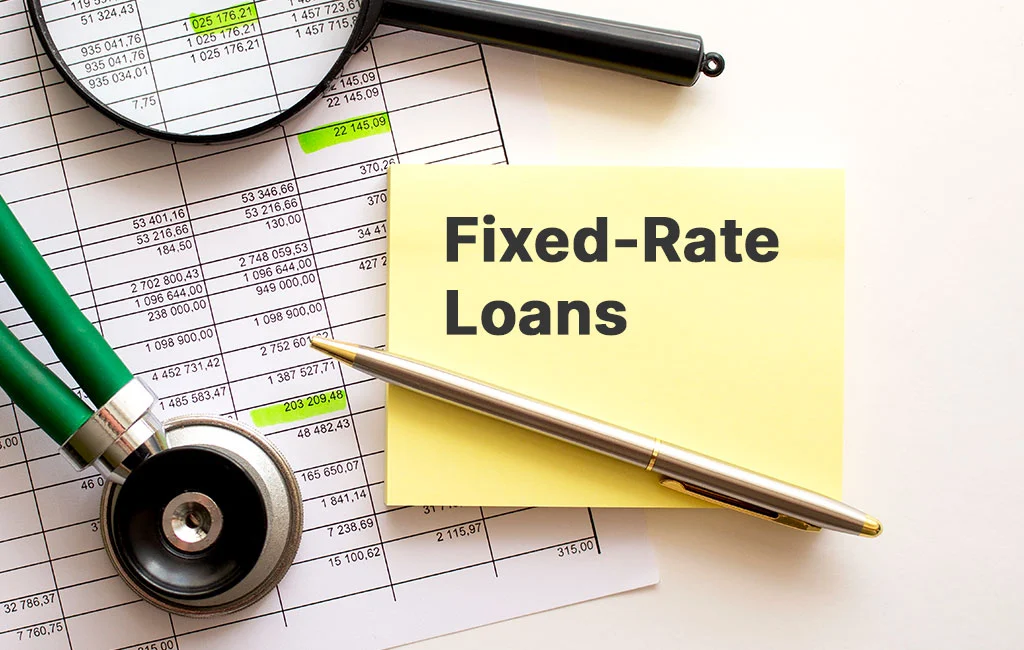
The Stability of Fixed-Rate Loans
With a fixed-rate loan, the monthly payment of $1,347 remains constant over the 30-year term, unaffected by market fluctuations. While property taxes and insurance premiums might vary, the principal and interest portion of the mortgage payment stays the same, offering predictability and stability to homeowners.
Economic Factors and Loan Decisions
The Federal Reserve’s efforts to control inflation by increasing the federal funds rate significantly impact those with ARMs. With rates unlikely to decrease soon, refinancing to a fixed-rate loan becomes an appealing option to avoid future rate hikes.
The Role of Interest Rate Caps
Interest rate caps are designed to protect borrowers from excessive rate increases. However, these caps are often too high in volatile markets to offer real protection, and the cost to secure them can escalate.
Fixed-Rate Loans: The Safer Choice in Rising Rate Environments
Fixed-rate loans offer security against increasing interest rates, ensuring consistent monthly mortgage payments. However, obtaining a fixed-rate loan in a high-rate environment can be challenging due to higher borrowing costs.
What's the Benefit of a Fixed Interest Loan?
Fixed interest rates offer several compelling advantages that can significantly impact your financial planning and budgeting. They ensure that your loan or mortgage decisions align with your long-term financial goals.
Predictability in Payments
Fixed interest rates guarantee consistent monthly payments throughout the loan’s duration. This stability ensures you won’t need to adjust your budget for future rate increases, providing peace of mind regardless of fluctuating market conditions.
Attractiveness in Low-Rate Environments
Securing a loan with a fixed interest rate is especially attractive when interest rates are at or near historical lows. Unlike variable or adjustable rates, which carry the risk of increasing, a fixed rate offers protection against the unpredictability of future rate hikes.
Simplified Financial Planning
Choosing a fixed interest rate for a mortgage, loan, or line of credit makes it easier to calculate the total cost of borrowing over time. The unchanging rate allows straightforward budgeting for life’s other expenses, from vacations to new vehicle purchases, enhancing your ability to plan and save.
Enhanced Budget Control
The certainty of fixed interest rates empowers you to maintain better control over your budget. Knowing exactly how much you need to allocate for monthly loan repayments eliminates surprises, making it easier to manage your finances and prioritize other financial commitments effectively.
Long-term Savings Potential
While fixed interest rates might initially be higher than variable rates, they can lead to potential savings in the long run, especially if market rates increase. By locking in a rate, you can avoid the cost spikes associated with rising interest rates, resulting in significant long-term savings and financial stability.

Pros and Cons of a Fixed Interest Rate
The type of interest rate you choose for your loan or mortgage can significantly influence your financial health and stress levels. Fixed interest rates, favored for their stability and predictability, have advantages and disadvantages.
Pros of a Fixed Interest Rate
- Predictability: The most significant advantage of a fixed interest rate is its predictability. Knowing exactly what your payment will be each month eliminates surprises and helps you budget more effectively. This stability is especially comforting in an unpredictable economy.
- Attractive in Low-Rate Environments: Locking at a fixed rate can be particularly beneficial when interest rates are low. It allows you to capitalize on the low rates for the duration of your loan, avoiding the risk of future increases that could affect adjustable-rate loans.
- Ease of Long-term Budgeting: With a fixed interest rate, calculating the total cost of your loan over time is straightforward, enabling better financial planning and the ability to forecast long-term expenses accurately. This clarity can be invaluable for both personal and business finances.
Cons of a Fixed Interest Rate
- Potentially Higher Rates: One drawback of fixed interest rates is that they can be higher than adjustable rates, at least initially. This means you might pay more for a fixed rate’s stability and predictability.
- Missed Opportunities if Rates Decline: If overall interest rates decrease, you might be paying more for your loan than if you had chosen an adjustable rate. This can lead to feelings of missed opportunity, especially in a significantly declining rate environment.
- Refinancing Challenges: Refinancing a fixed-rate loan can be time-consuming and costly if you decide to take advantage of lower rates or different loan terms in the future. There are often fees and paperwork involved, which can add up, making the process less appealing than sticking with the original terms.
Is a Fixed Interest Rate Right for You?
Both fixed-interest rate loans and adjustable-interest rate loans have merits. A fixed interest rate appeals to those who value stability and predictability in their financial planning. But is a fixed interest rate the right choice for you?
The Allure of Stability
A fixed interest rate remains unchanged for the duration of your loan, making it an attractive option for individuals and families looking to budget confidently. If you prefer knowing exactly what your monthly expenses will be without the potential for surprise increases, a fixed rate could be the way to go. This stability can be particularly comforting in an uncertain economic climate where interest rates might fluctuate.
Consider Your Financial Horizon
Your financial goals and time horizon play a crucial role in determining if a fixed interest rate suits your needs. If you plan to stay in your home for many years, locking in a fixed rate can protect you from future rate increases, ensuring that your mortgage payments remain manageable. On the other hand, if you anticipate moving or refinancing in the near future, the flexibility of an adjustable-rate mortgage might be more appealing.
Rate Environment Insights
The current and anticipated interest rate environment should also influence your decision. In a low-rate environment, securing a fixed interest rate can be smart, as it allows you to lock in a low rate for the long term. However, if rates are high but expected to fall, an adjustable rate might offer initial savings with the possibility of benefiting from future rate decreases.
Financial Flexibility and Risk Tolerance
Another critical factor is your level of comfort with financial risk. A fixed interest rate offers peace of mind and financial stability, which might be worth the potentially higher cost than an adjustable-rate mortgage in a low-rate environment. A fixed interest rate might be ideal if you’re risk-averse and prefer the certainty of fixed payments.
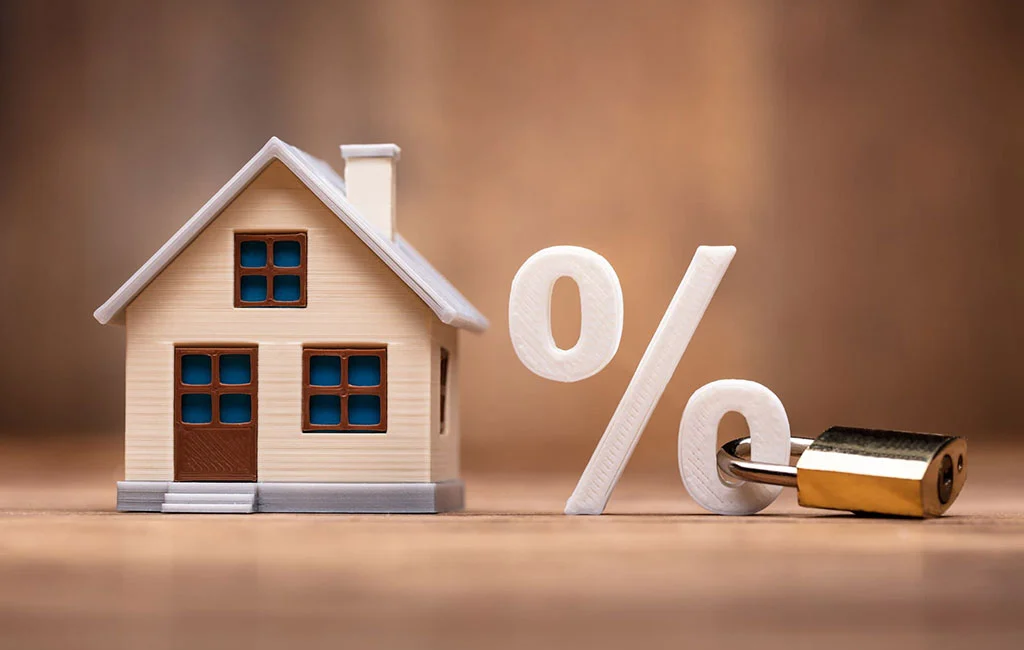
Final Words
So, What is the benefit of having a fixed interest rate loan?”
Such loans offer a sense of security and predictability that is hard to match. The ability to plan your finances without worrying about the ups and downs of interest rates can make a significant difference in your financial well-being. Fixed-interest rate loans are financial products and tools for better financial planning and peace of mind.
Understanding the benefit of a fixed-interest rate loan boils down to appreciating the value of stability in an unpredictable financial landscape. Whether managing household budgets or running a business, the certainty of fixed interest rates can be incredibly empowering. This financial predictability allows borrowers to focus on what matters most—achieving their long-term goals without the stress of fluctuating payment amounts.
To dive deeper into financial education and discover more insights, like the benefits of fixed-interest rate loans, we invite you to explore our blog at EduCounting. Our collection of articles is designed to empower you with the knowledge and tools you need to navigate your financial journey confidently. Start exploring today and take the first step towards mastering your financial future!
FAQs
Is a fixed loan better?
Whether a fixed loan is better depends on your financial goals, risk tolerance, and market conditions. Fixed loans offer stability, which is advantageous for long-term planning.
Can I pay off a fixed-rate loan early?
Yes, you can typically pay off a fixed-rate loan early, though some lenders may charge a prepayment penalty. It’s important to review your loan agreement for any such fees.
What is the most common fixed-rate loan?
The most common fixed-rate loan is a mortgage. However, fixed-rate options are available for a variety of loans, including business loans, personal loans, and auto loans.
Can you refinance a fixed loan?
Yes, you can refinance a fixed loan. Refinancing may offer the opportunity to secure a lower interest rate or different terms, but it’s important to consider the costs and benefits before proceeding.


